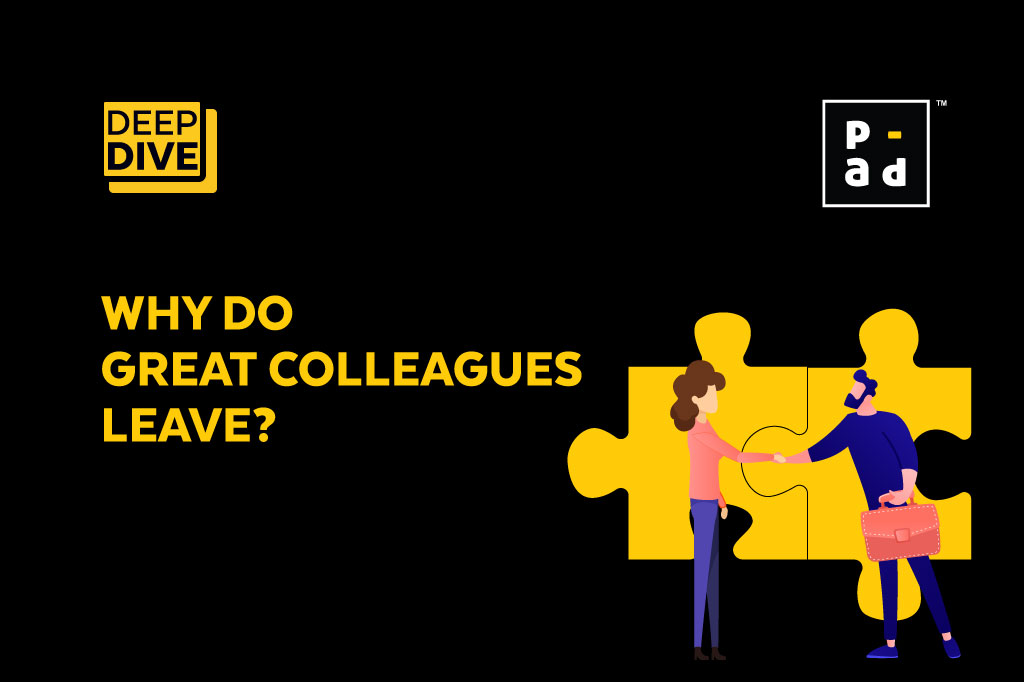Why do great colleagues leave?
That’s a question I’ve been pondering for some time now. Every scenario is unique, but if you take a step back, it usually comes down to the following:
- lacking creative freedom and/or autonomy to do the job in the desired way
- inability to improve the direct work environment
- feeling gagged or stifled by processes or hierarchy
- indefensible judgments made at the operational level
- weary of office intrigue and secrecy
Probably, even more could be added to it. From what I’ve seen in my 6+ years in the industry, that’s pretty much the norm, not the exception in typical companies.
My friend Gautam Reddy recommended this book to me, and I’m glad he did. A look into Netflix’s corporate culture and human resources approach may be seen in the documentary “No Rules Rule.” It explains how they were able to expand to over 7,000 employees around the world without diluting their core beliefs as a firm.
It’s written in an unconventional style. The book alternates between two narrators: Reed, the CEO of Netflix, and Erin Mayer, an external author, who fact-checks the arguments and principles by interviewing innumerable Netflix employees. Both parties are able to portray a realistic picture of Netflix by including anecdotes and interviews with people who were not part of the company’s culture.
What I find remarkable judging by comparison with all the companies I’ve worked for is how different the Netflix approach is from typical standards
- Talent Density is the technique of employing only the best employees and paying them more than the market rate for their work.
- Adapt their pay to the current market conditions (instead of individual performance and job changes because of missing salary increases)
- Feedback is encouraged and anticipated at all levels (compared to the typical no-go or career end when challenging someone up the hierarchy)
- -High levels of financial openness and accountability (over just the management having access or shielding employees from business aspects in order not to distract them)
- Very few processes, high autonomy and freedom of decisions on the operational level (instead of governance processes and company standards everywhere)
- Acting in the company’s best interest (instead of pleasing your boss or vanity KPIs)
- Treating employees as responsible and accountable adults is the general concept (over a workforce that needs to be managed)
- Using context to make decisions (instead of more detailed guidelines)
Netflix somehow managed to create a creative person’s dream environment. High salary, high stakes, high accountability, but also a lot of creative latitudes. Reflecting closely on the remarks I made at the beginning of this analysis, I can see how a company using this technique would be able to hold onto its best employees for longer than its competitors.
By:
Richa Puri,
Associate Vice President- PAD ONE.

